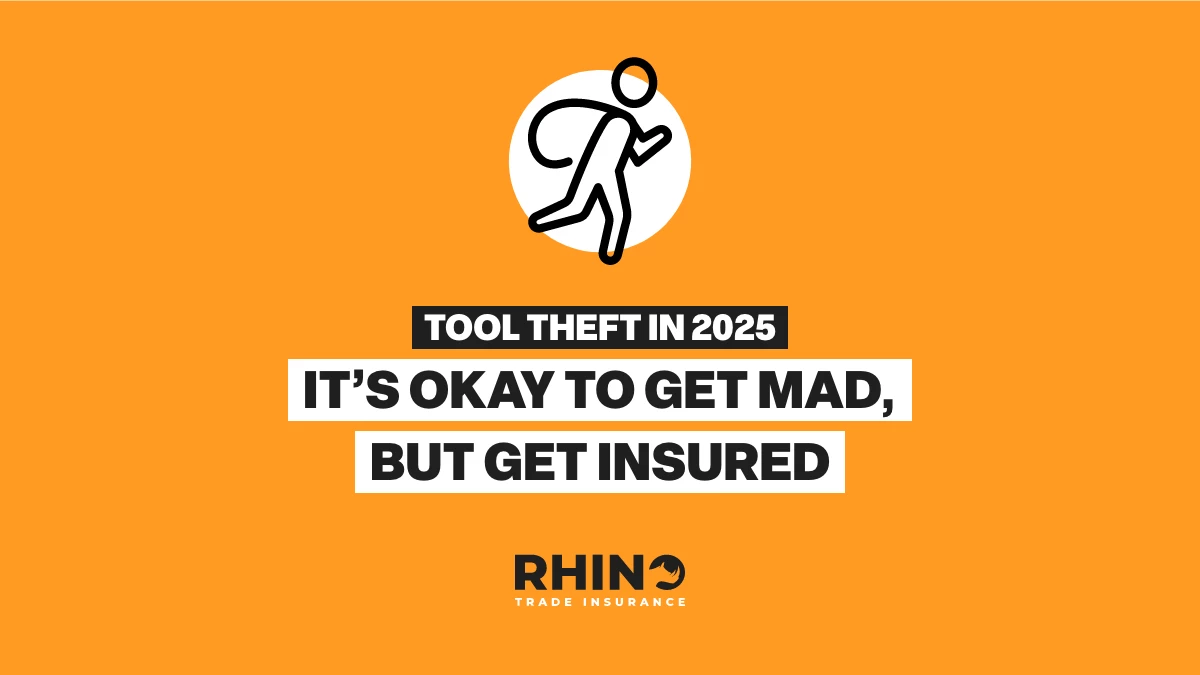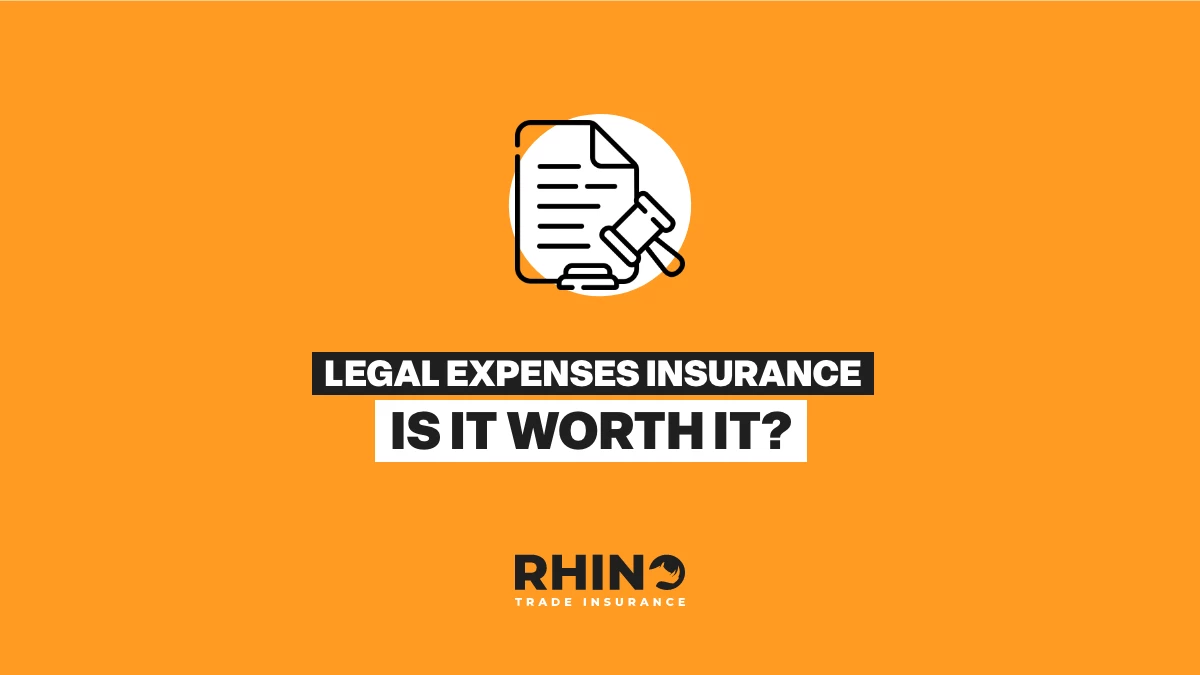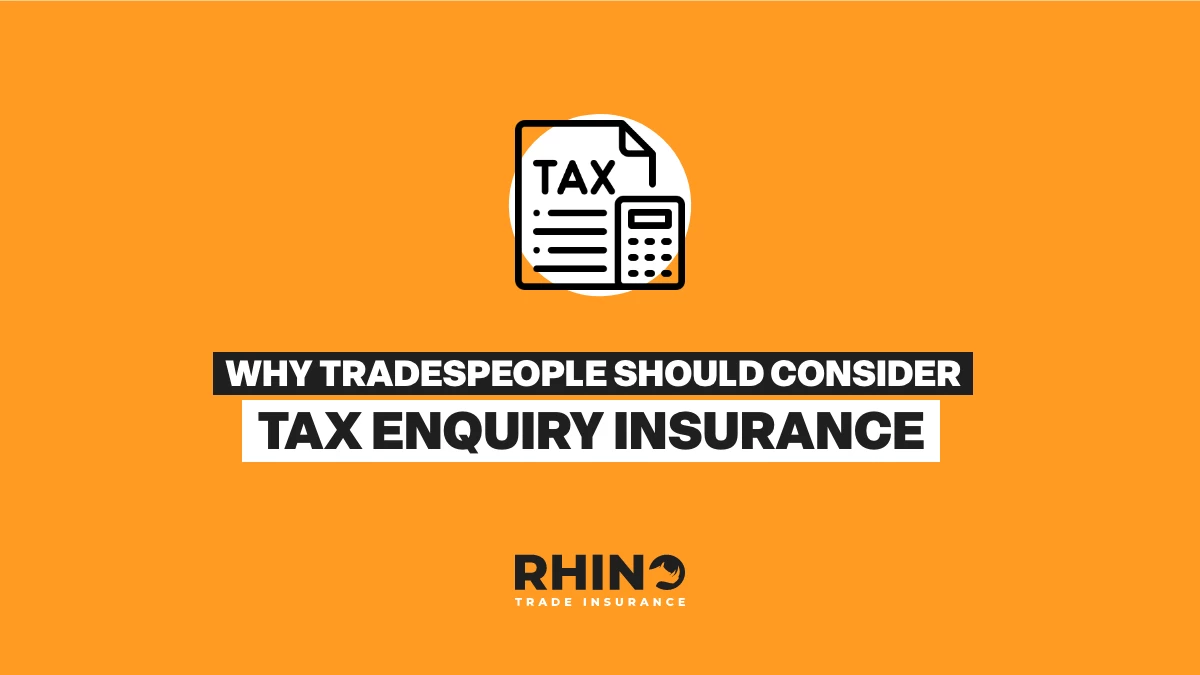Aerial installation is not a job that just anyone can do. It’s not the same as knocking a nail into a wall and hanging a picture. Installing aerials must be done by someone with training, technical knowledge, professional registration and plenty of experience under their belt, otherwise you’ll end up watching a fuzzy screen with a hunk of metal hanging uselessly halfway down your exterior wall at the first breath of wind.
However, this doesn’t stop shoddy amateurs from charging a small fortune for sub-par work. But how to spot the cowboys and select a reliable aerial installer? Let Rhino guide you.
What Are Aerial Installation Services?
Most of us watch at least a bit of terrestrial TV here in the UK. To enable us to do this, we need an aerial set up on our property, which requires an antenna, pole, cable work and, if required, splitters and amplifiers to watch several TVs at once in the home, or to boost poor signal. There are different types of TV aerial which perform slightly different functions, such as analogue, digital and multi-directional.
To be able to install an aerial properly, you need to understand not only how to keep it secure and weather-resistant, but also how to position it for optimum reception. An aerial installer will know which objects might interfere with your signal, and where the television towers are in your area. Some people might be able to have a stab at putting their own aerials up, but not only is this highly dangerous without proper training, you’re unlikely to get a satisfactory result.
The Importance of Insurance for Aerial Installers
Aerial installers have a set of specialist skills, and most jobs are completed without a hitch. However, there are some serious risks that come with this work, from falling at height, electrocution, harming customers and causing untold damage to properties and possessions as a result of accidents on the job. As a customer, you don’t want to have to pay out of your own pocket should anything go wrong.
This is why insurance is so important for anyone in the aerial installation game. Aerial installers need to come protected by certain insurance policies to ensure they can afford to quickly rectify any damage they cause and pay compensation should they accidentally harm you while they’re doing their work. In this way, aerial installer’s insurance protects both the tradesperson, and the customer.
Let’s take a look at how you can spot rogue aerial installers, and how to verify that the person you’re handing your cash over to is insured.
Key Questions to Ask Your Aerial Installer
At Rhino, we hate rogue tradesmen with a passion and want to help stamp out the practice which can leave homeowners emotionally and financially devastated.
You might have heard about cowboy aerial installers, who will do a bodge-job and charge you triple for the privilege. And if you start to have problems with the installation? They’re gone with the wind.
Asking these key questions should make sure you don’t get hoodwinked by a cowboy.
As there are no specific formal accreditations needed to become an aerial installer, verifying whether the person is actually qualified to do the job can be a little confusing. A good place to start is to ask if your installer has a City & Guilds qualification which will have given them a good grounding in the basics, including health and safety.
Then, ask if they’re certified with a well-known licensing body such as the Confederation of Aerial Industries (CAI). This is a trade body which covers the whole audio-visual professional industry which offers training and verifies independent installers. The other one to look for is the Registered Digital Installer Licensing Body (RDI-LB), which grants certification and a digital checkmark. A good tradesperson will advertise their industry association checkmarks on their website. Speaking of which…
- “Do you have a business address”?
If the aerial installer doesn’t have a proper business address, it could be a red flag as they obviously don’t want to be located by customers. Similarly, if they lack a traceable online presence, complete with photographs of work, photographs of the contractor and/ or staff, industry and trade checkmarks and several positive independent reviews, then they could be hiding something. Contractors whose only presence is lurking in the back pages of the local paper could be a red flag, as they are harder to track down and hold to account if something goes wrong.
We think this could be the number one indicator of whether or not you’re dealing with a cowboy in the trades. If they’re not insured with Public Liability Insurance at the very least, and Employer’s Liability Insurance if there are more than one of them, this means they’re not a reputable tradesperson full stop. We say don’t touch them with a bargepole unless you fancy spending your own cash fixing damage they cause. Not only this, if they accidentally injure you (and if they’re unqualified for the job this is a distinct possibility!) then you won’t be able to claw back the compensation you deserve from an uninsured installer.
Don’t take their word for it either – ask to see proof of their Aerial Installers Insurance coverage. They should be able to whip out an insurance certificate in a matter of minutes. In the unlikely event they don’t have their insurance certificate to hand on by email, you can verify it directly with their insurance company. And if not – stay away.
- “What is the warranty on your work”?
It’s all very well an aerial installer leaving a job with everything working well, but what about two days later when the whole setup comes crashing down? A good aerial installer worth their salt will have a warranty of at least six months to one year on their work. If they’re certified by and full member with CAI, they should have a year’s warranty on their work through them.
- “Why are your prices so low”?
We know it sounds strange but beware the super-low price. Seen an ad in the local paper offering to install you an aerial for £39? Beware. For a reputable aerial installer, this might not even cover the call-out fee.
This is a trick used by cowboys who will reel customers in with their unbeatable offers, then present you with a much larger bill at the end after ‘unforeseen circumstances’. They could pretend they’ve uncovered a problem (such as moisture in the transmitter or a broken aerial) which is going to end up costing you a fortune to repair.
Again, if they’re not insured, such as with Rhino’s Aerial Installers Insurance, then they are unlikely to be able to come up with the money to put things right.
The Final Word
Have you ever heard the line, “if you think hiring a professional is expensive, wait ‘til you hire an amateur.” We’re fans of this quote here at Rhino HQ, as it perfectly sums up that when you hire a time-served tradesperson, you’re paying for their skill and expertise as well as their time. Being tempted by low prices, or thinking you can get the job done quicker by going with an immediately-available amateur is simply false economy.
We hope this blog has given you a few useful tips to employ when ensuring competence and reliability in your aerial installers and identifying the ones to avoid.




